How to Launch Your Startup Without a Launch
This is going to be BIG.
JANUARY 30, 2025
Gone are the days of the startup launch party. Remember those nights of trying to explain to a Techcrunch reporter why your app was going to change the world over thumping music and bad venue WiFi? RIP. Most startups know not to blow a bunch of money on a big party before they have their first users, but legitimate questions remain about what you do in its placeand how you open yourself up to the world that gets attention.







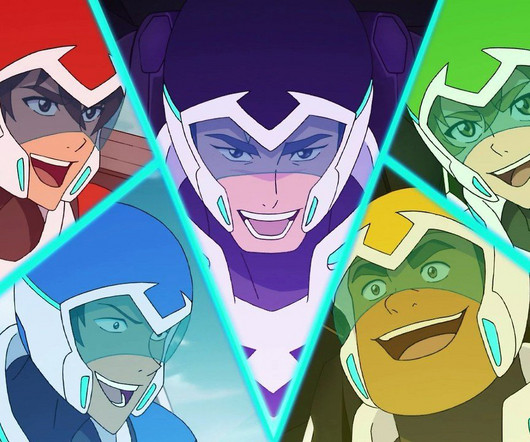
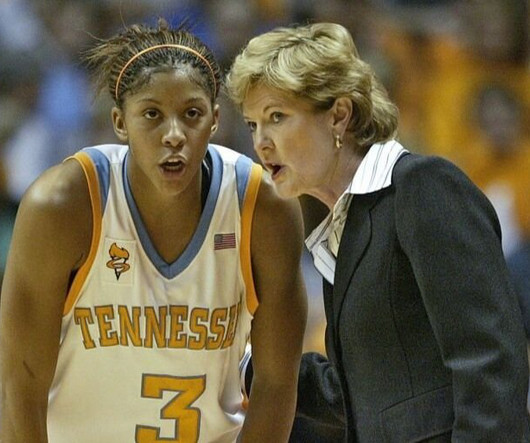

















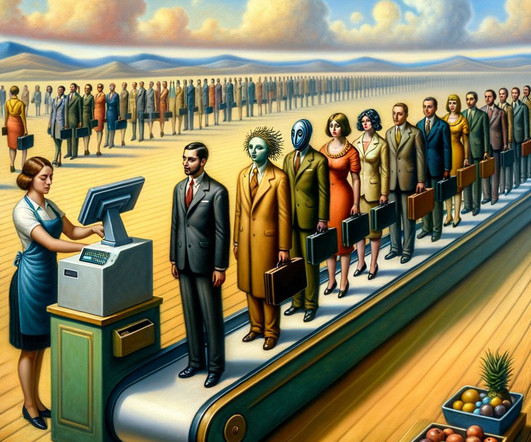

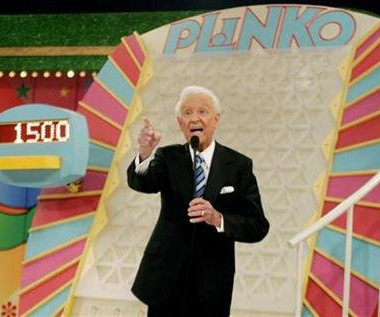


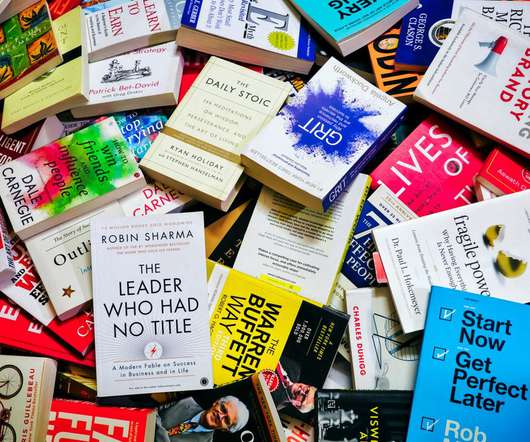


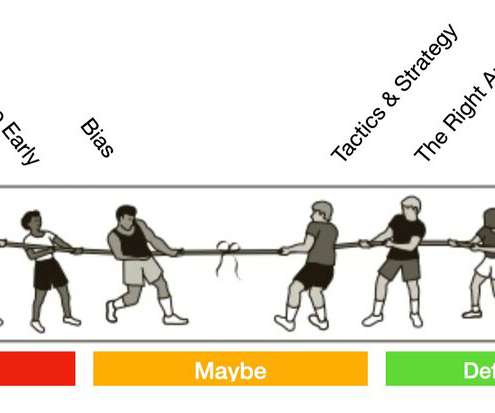














Let's personalize your content